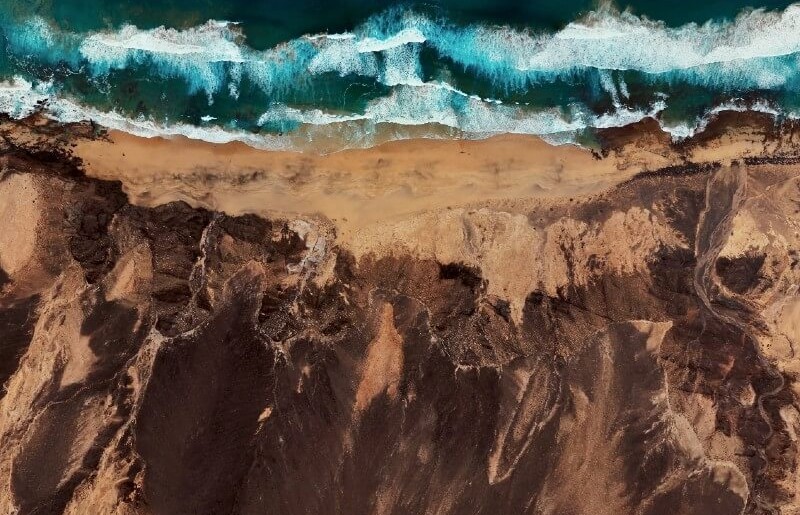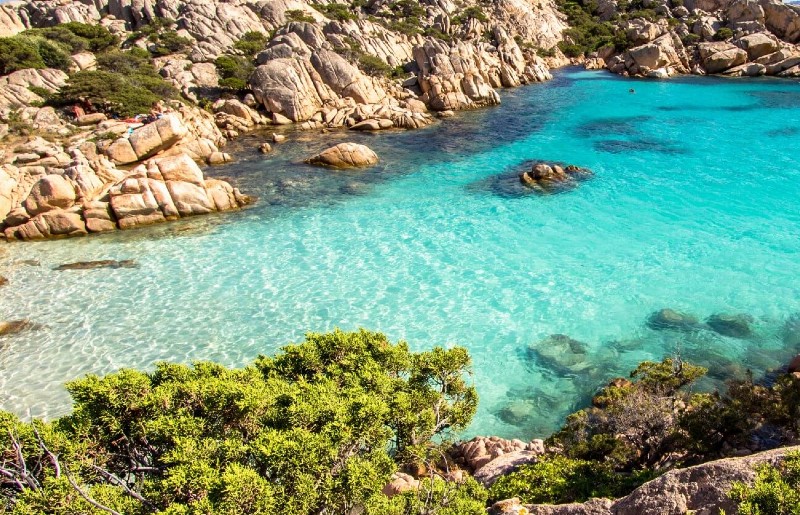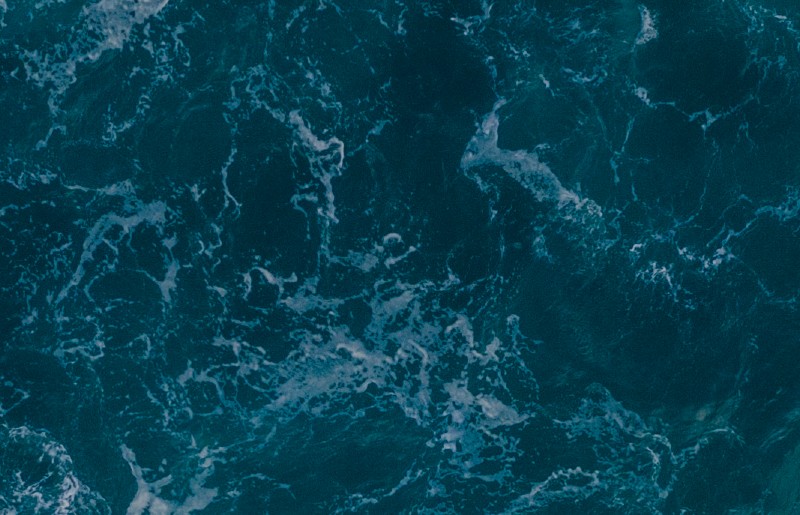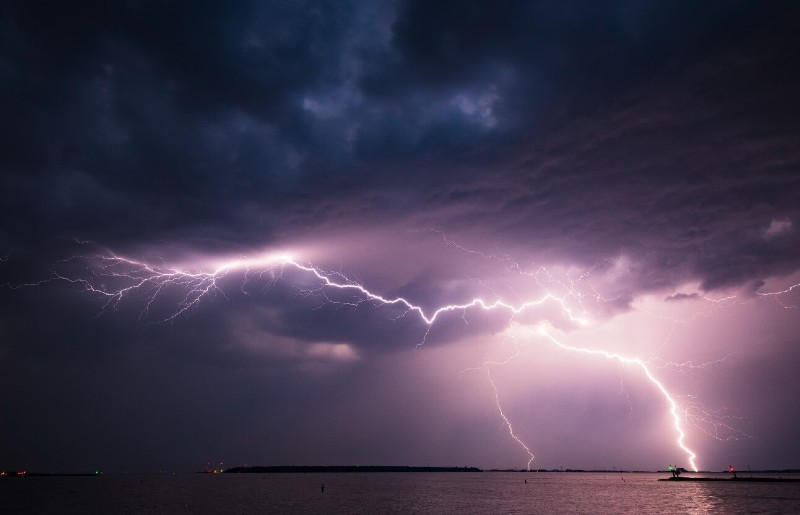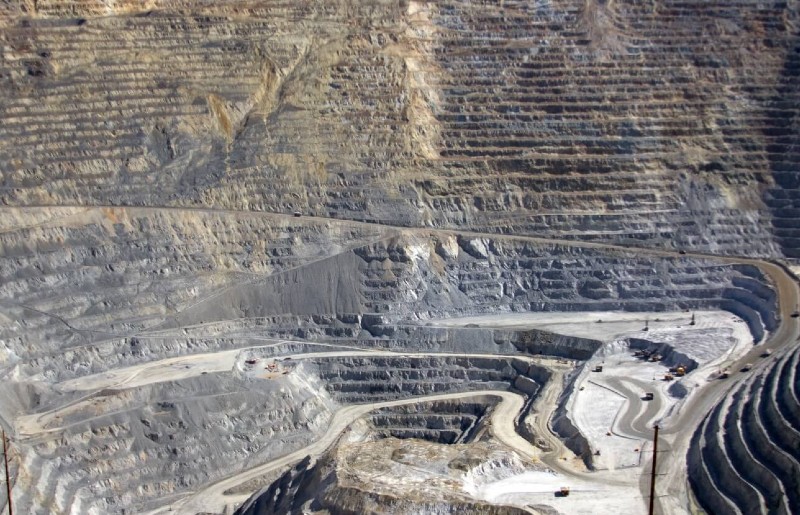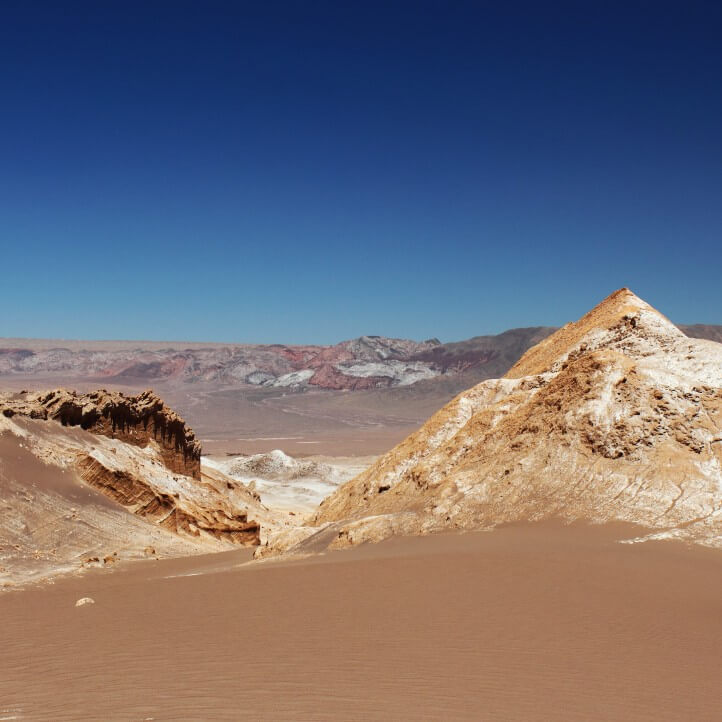Neom - Saudi Arabia
19-20 de February
Saudi Arabia is home to the world's largest continuous sand desert, and has one of the highest levels of water stress on the planet. Off its coasts lie the coral reefs of the Red Sea, an ecosystem threatened by global warming and plastic pollution.
The coral reefs of the Red Sea off the Saudi coast are both a paradigm of climate resilience and a jewel that global warming and marine pollution threaten to weaken and alter. For this reason, it is essential to raise civil and governmental awareness about the preservation and restoration of these marine ecosystems.
In desert ecosystems, more water evaporates from the soil than the one that is replaced by precipitation. Rising temperatures and water scarcity threaten the region's biodiversity.
Deserts are characterised by extremely harsh conditions, water scarcity and arid landscapes. The climate crisis demands solutions from society to protect ecosystems and halt desertification.
- PROBLEM: Rising temperatures and more frequent periods of drought alongside deforestation, overgrazing and unsustainable use of scarce resources such as water are the main causes of desertification.
According to the UN, more than 24 billion tonnes of productive land become barren every year, and water availability in some dry regions is expected to decrease by 10-30 % over the next few decades. In other words, 2.4 billion people will suffer water shortages.
Meanwhile, coral reefs, like those in the Red Sea off Saudi Arabia, are at risk of collapse due to rising sea temperatures and pollution from human activities. Nonetheless, this ecosystem is an example of natural resilience to climate change, and an important source of ecosystem services for humans.
- SOLUTION: Alongside Extreme E, we want to raise public awareness of the consequences of desertification and the deterioration of marine ecosystems like the Red Sea's coral reefs. We will work with local and international experts on projects to preserve ecosystems affected by climate change.
